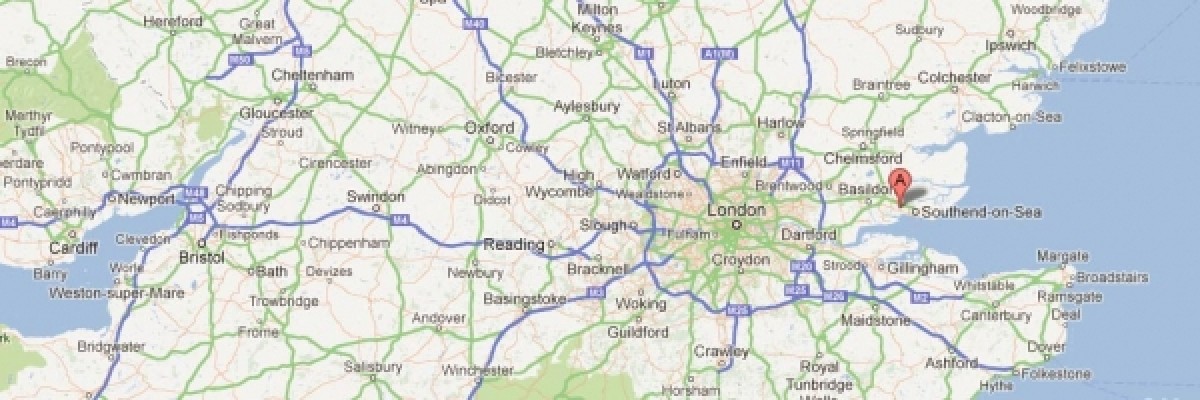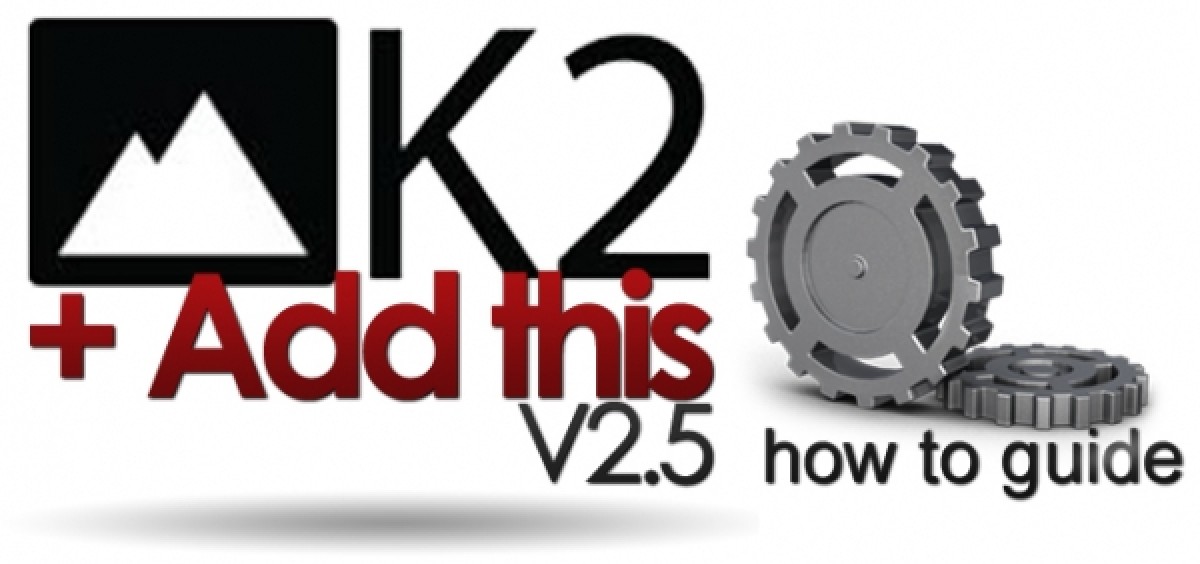Geographical SEO For Your Website

Most of our clients are geographically bound which means they want to be found in google for 'their service' in 'their area'. This is actually surprisingly easy to do so long as you follow our 5 some simple rules on your website.
Google reads your website like a book. So you need to tell it what the chapters are. These are generally the keywords you want to be found for. A keyword is simply a word (or a series of words) that you think people will type into google to find you. When doing this put yourself in the shoes of your customer. Make a list of the main keywords you think people will search for. It is important at this stage not to be too ambitious as you run the risk of wanting to show for all searches - and showing for none.
1. Plan your attack
Because google reads your site like a book you need to write it like a book and plan the hierarchy of your pages. Your home page is always going to be the most important page on your site to google. This page holds the most rank but it doesn't mean the other pages are any less important. You will find that you can target your other pages for different keywords. For example if your home page page is set to show for 'Chiropractor Yalding' you can set your services pages to show for 'Acupuncture Yalding' or 'Sports Massage Yalding' - these are less prevalent google searches but you are making sure you capture all the variations of searches should they arise. I do not recommend targeting every page for the same keywords. This can both confuse google as to which page is the most important for specific searches and it can also be an opportunity missed if you are able to show for other searches.
2. Content is King
Make sure your content is unique. Google sees all and knows all - and if you copy your text from another site google will know. It will also penalise you for doing this. Secondly, make sure the content is relevant to the page title and description meta tag. There are a lot of theories (and a lot of tools) around to help decide how to write content. I always recommend keeping it natural but making sure you use the keywords within the page. If you are based in a location you need to mention the location as much as the services you offer. Don't overdo it though - you probably want your keywords to show between 3-5 time for every 100 words of text.
3. Page titles
The page title tag is in the header of your website html and is the most important part of your page - and the bit your end user generally doesn't see. For google the most important part of your page is the page title and it is the bit that shows in the google results so you need to make it attractive for people to click on. This tells google what the page is about and therefore is critical to your keywords.
There are a couple of rules to remember when writing your page titles and this is related to understanding how google reads it. Firstly, don't have the page title too long. By adding too many words you run the risk of diluting the significance of the words. Secondly, put the most important keywords first as the these have the most significance. If you run a chiropractic practice in Yalding, Kent called 'Chiropractic Healing' hopefully your home page title will look something like 'Chiropractor Yalding, Kent | Chiropractic Healing'
4. Meta tag descriptions
Like the page title, the description meta tag is stored in the header of your html page - so again this won't be seen on your page. This needs to be a couple of sentences long and make it 'keyword rich'.
5. H1 tags
H1 tags need to appear once on every page. This is the main header for the page and gives google some relevance for the page. You can see the H1 on this page is 'Geographical SEO for your Website' which helps guide google. You can also use other 'H' tags (the 'H' stands for header) on the page in order of relevance such as H2 and H3.
Unfortunately, it's not as simple as that
....but it's a start. OK, OK - it's not as cut and dried as this as there are so many different factors involved that google takes into account. The strength of your competitors is one and this is probably the most overriding factor. There are also other more technical things like sitemaps, google places etc (yes - the list does go and on). The good thing is that not everybody is aware yet how easy it is to get their site showing so making these changes means we can be one step ahead of our competitors.










